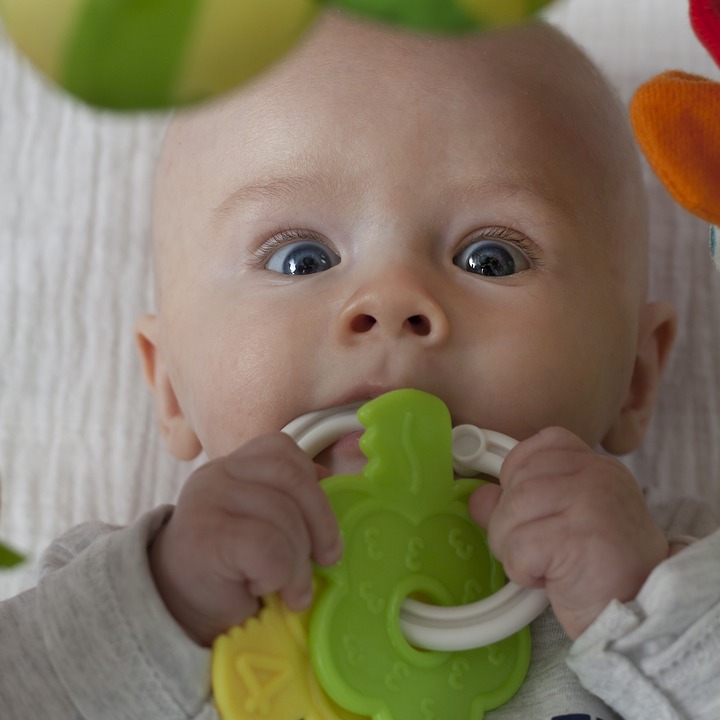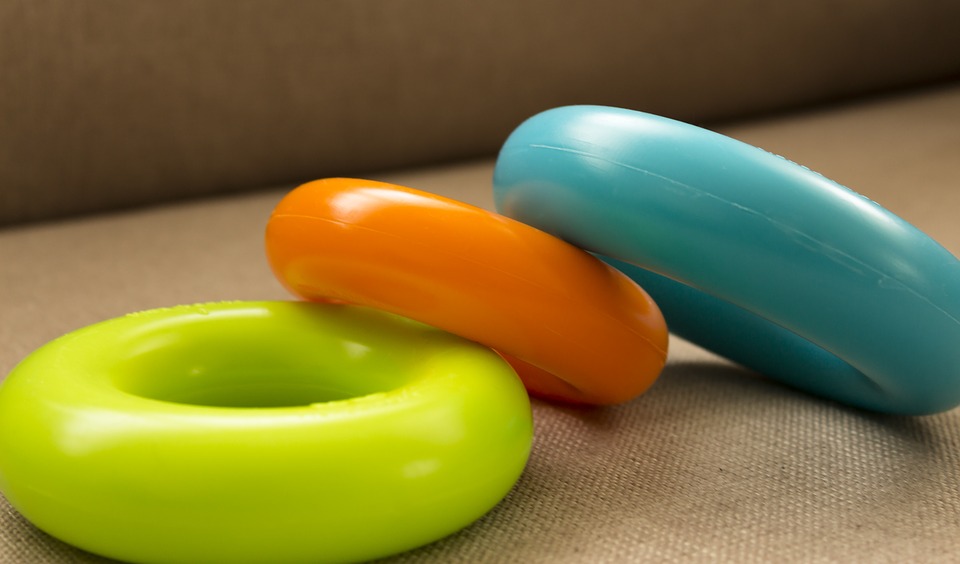This blog will certainly give parents of infants ‘something to chew on’!
While many parents of teething toddlers turn to amber, silicone, or wooden necklaces and bracelets to help their young ones through the different teething stages, the FDA has publicly announced that doing so is not in the best interests of the child, and could even lead to death.
This method of relieving teething symptoms has recently raised its head, becoming a trend among millenials who also appreciate the aesthetics of such necklaces and bracelets.
The U.S. Food and Drug Administration (the FDA) issued their warning after two incidences, one of which led to loss of life. The first involved an eighteen-month-old child being strangled by an amber teething necklace while sleeping, resulting in the infant’s death. The second incident involved a seven-month-old child being hospitalized due to choking on the wooden beads of a teething bracelet.
Beyond the obvious factors such as choking and strangulation, unclean beaded necklaces and bracelets can also lead to infection in the gums as new teeth expose more of the gum during the teething process. An ounce of bacteria into the root of a new tooth will be highly detrimental to the child’s health, and could stifle the process they need to endure to grow their first teeth.
The FDA also went on to urge parents to avoid chemical-based products with Benzocaine as a main ingredient. Benzocaine can also lead to death, as it alters the amount of oxygen that runs through the body - among other side-effects.
FDA Commissioner Scott Gottlieb, M.D. has stated, “Consumers should consider following the American Academy of Pediatrics’ recommendations of alternative ways for treating teething pain, such as rubbing inflamed gums with a clean finger or using a teething ring made of firm rubber. Given the breadth of the market for these teething necklaces and jewelry, we’re sharing this important safety information directly to consumers in order to help prevent injuries in infants and kids.”
An article on the Internet showing five reasons why teething necklaces are bad explains more, adding the unnecessary cost factor, the placebo effect, and the proven method of a chilled teething-ring as being the answer.


At Eagle Crest we agree with the FDA’s conclusions. Why risk the life of your child for aesthetic reasons? And don’t be fooled by companies who claim their products are ‘perfectly safe’. Accidents happen and no one can predict these.
About Teething:
Teething generally starts at around six-months-old. Of course with so much discomfort in the child, this can lead to sleepless nights for parents. Most children go through the teething process with no difficulty.
However, some children experience gum tenderness, excessive salivation, and irritability. Fever and diarrhoea can also occur, although these are not normal symptoms of teething. Should your child experience these symptoms, please consult your paediatrician or dentist immediately.
The first teeth to grow are the two bottom ‘front teeth’, known as the lower incisors. These are then followed by the upper incisors. The molars and the canines will begin to grow before the age of two, by which time most of the tooth-growing process should be done.
Three Tips to Reduce your Baby’s Discomfort.
1 - Allow your baby to bite on a firm teething-ring. You can place it in the fridge to cool if possible, as this will soothe the gums as well.
2 - Rub or gently massage their gums with your clean finger. This takes time which not everyone has, but it is effective and worth the break in daily routine.
3 - Give your baby a cool, wet washcloth to chew on. This also helps to alleviate any itchiness that may come with the pain of pushing a tooth.
At our paediatric dental office in Havertown, we discourage the use of topical anaesthetics and over-the-counter teething gels. These formulations tend to wash away quickly and may have potential safety issues.


Be wise – don’t compromise! Your child will have plenty of years ahead of them to play dress-up and accessorize. And that’s when you’ll truly have something to start worrying about!